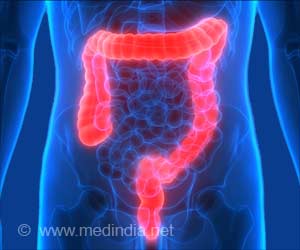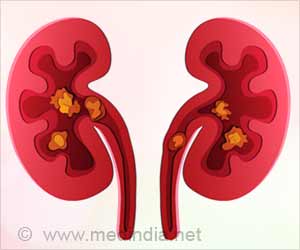The first episode of an astronaut developing a blood clot in space was reported earlier this year. It is unknown how spaceflight impacts the risk of an astronaut developing a blood clot.
This study aimed to look specifically at the potential blood clot developing risks for female astronauts during spaceflight and to understand if their use of the hormonal contraceptive pill for menstrual cycle control, increased that risk.
Birth Control Pills Might Be A Trigger To Blood Clot Risk
Developing a blood clot in space is life-threatening and potentially a mission-critical risk. The risk may have been further increased by COCP use, however as female astronauts are more fit and healthy than the general population, their risk remains low.
There are points during pre-mission training and during spaceflight, such as particular training activities, which may briefly increase the risk of developing a blood clot, and the authors recommend a review of these.
There may be possible time points in an astronaut’s pre-mission training or during the space mission itself where blood clot risk may potentially be transiently increased.
Due to the potentially life-threatening nature of blood clots, researchers advise further targeted research in this area to further understand how an astronaut’s risk of developing a blood clot is altered by spaceflight.
Much of the previous biomedical research in space was conducted on mostly male astronauts because most of the astronauts were male. That has changed, and now we need to understand how the spaceflight environment impacts the female human body.
Source: Medindia



